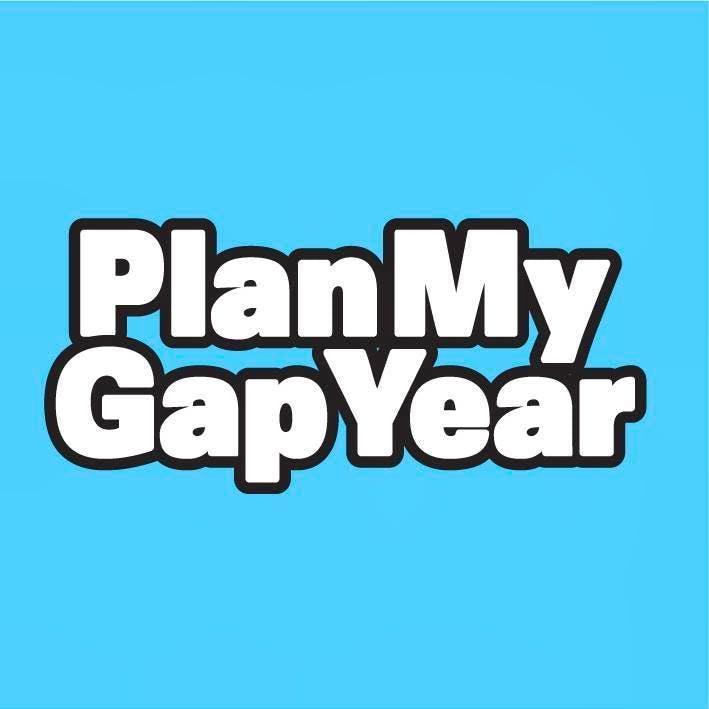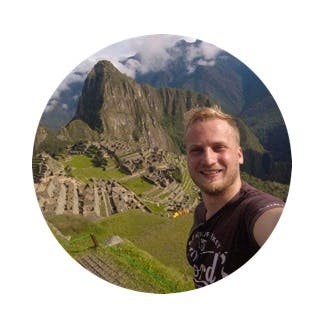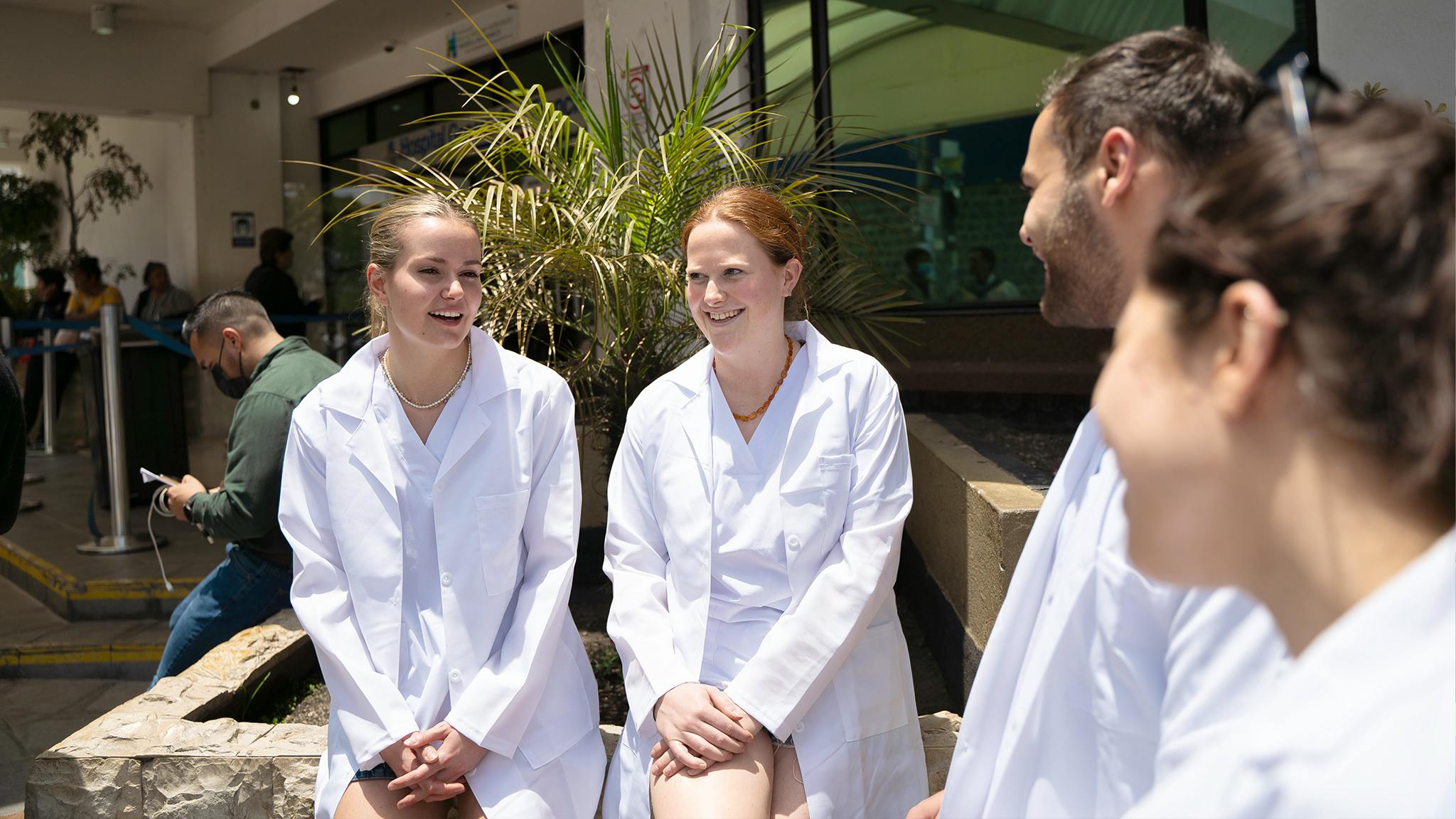As an Ecuador medical volunteer, you will gain first-hand insight and exposure to the Ecuadorian healthcare system. Not only this, PMGY’s Ecuador volunteer programs provide a great foundation to improve your Spanish. Delve deeper into the traditional healing beliefs of the local people. Focus your time and energy on specific departments at the hospital as a medical volunteer.
BACKGROUND TO THE MEDICAL PROGRAM
In the late 1990s, Ecuador suffered from an extremely weak government with one of the worst financial systems in South America. The healthcare provided was that of the Middle Ages. For the reason that healthcare costs could never be met by the average monthly salary. Furthermore, unemployment was at over 10% of the population and 20% of people were living in poverty. The system was failing and people were faced with little to no solution.
In 2000 Rafael Correa took office. During his early years, although hit with crisis after crisis, he established one of the strongest healthcare systems on the continent. At the beginning of his time, there were few hospitals and medical care providers in the city. So much so, that the patients were receiving a level of care similar to the standard of a rural clinic.
Due to these measures, Correa invested over 2,000 million USD into the healthcare budget. As a result, 18 new hospitals in major cities were commissioned. Furthermore, 250 healthcare centres and health clinics were built in rural villages nationwide.
Since these changes, locals describe all care to be equal across the country. Whether they visit a rural village clinic or a major hospital in the city of Quito, consistency in care was achieved. The care will be of nearly the same quality with only a difference in the availability of specialists in the small facilities.
Changes to the healthcare system are also reflected in the levels of coverage. The system is broken down into four parts; private, public, social care and no coverage. Those with private care are the working class; this care is provided under a purchased insurance plan. In addition to the private system, there is the Social Care system. Such a system is similar to the Social Security system of the United States.
This system applies to citizens who have applied portions of their income to the government care plan. Consequently, they are provided with coverage allowance for healthcare. The public system is free to everyone who has been denied care. In most cases, this is for those with a terminal illness, over the age of 60, under the age of 10 and impoverished.
Volunteer opportunities in Ecuador provided by PMGY will provide you with a platform. Such a platform allows for valuable exposure to medicine and healthcare projects within a new culture. For the reason that many of the facilities, procedures and operations you observe will be completely new to you.
More specifically, they will be completely different from how things are done in your home country. As an Ecuador medical volunteer, you will need to schedule your time and skills effectively to make the most out of your project time. This is to ensure you can maximise your exposure and learning opportunities at the project.
Should medical volunteers in Ecuador wish to consider alternative or additional projects, our medical volunteer projects in India is recognised as our leading medical volunteer opportunity. For the reason that volunteers receive high exposure and involvement across a range of placement and project settings.
MEDICAL VOLUNTEER PLACEMENT EXAMPLE
Hospital Enrique Garces - PMGY medical volunteers in Ecuador apply their time in a public hospital in Quito. The project is at Hospital Enrique Garces. This is one of the few care centres offering free healthcare for people in and around the capital. This is one of the biggest public hospitals in Quito. The hospital provides volunteers with the opportunity to join in 8 different wards. Such wards include:
Internal Medicine (specialty departments), Paediatrics, Gynaecology, Occupational Therapy, Trauma, Out-Patient, Surgery Consult Department.
The hospital is very happy to have university students and medical volunteers, but they take the position quite seriously. Volunteers on this project are not required to have any medical education. However, volunteers are advised to have some form of volunteer work experience. Examples of this can include in a community care setting or clinical volunteering hours.
The project does accept school leavers with no experience looking to enter the medical field. However, such participants should be prepared with questions and learning objectives for the doctors and nurses. Furthermore, such volunteers should adopt a positive attitude to gain what they can from the program.
The minimum time in any department will be 2 weeks. The ward will be assigned based on your level of Spanish. The recommended time for this medical project is 4+ weeks to properly apply yourself in the listed departments. When assigned to a department, on the first day you will meet and be introduced to the head of that department.
Medical students are advised to note that all of the staff at the hospital typically only speak in Spanish. Thus, they have little to no English. So volunteers will need to have a good level of Spanish to communicate efficiently with the local staff. Otherwise, volunteers will incur a high language barrier and thus a frustrating learning experience.
Volunteers will join the program Monday-Friday. The project will begin at 7:30am each day to ensure you get a busy morning. The average time on the project will be 5 hours finishing in the early afternoon or time off requested completion. An example of a day on the paediatric ward could be as follows:
• 7:30am-8:30am - Report to the paediatric ward. Observe inpatient rounds with a nurse for medication, consultation and viewing.
• 9am-9:30am - Observe injections for children in need of updated vaccine charting.
• 9:30am-10:30am - Assist care provider by engaging children in games or play while they provide necessary treatment for external wounds, infections or therapy due to disabilities.
• 10:30am-11am - Break time.
• 11am-12pm - Shadow doctor during rounds providing consultation and admission to the hospital.
• 12pm-12:30pm - Assist care providers with counsel and care planning with family for patient discharge plan.
While volunteering in Ecuador you may encounter a variety of illnesses. Examples include acute respiratory infection, diarrhetic diseases, tuberculosis, HIV/AIDS, depression, malnutrition, physical abuse and altitude sickness. As this is a facility for those with low income or unemployment the severity of illness will vary. This hospital provides care to those within the city and also the surrounding rural developments.
As a medical volunteer, you may encounter indigenous people who rely on holistic methods of care. The belief of the Incan people is to be one with Mother Earth and live a balanced life. The use of Western medications or treatments doesn’t meet that of their traditional belief system.
At times you may encounter people who have received many holistic treatments. These are people traditionally from a more rural or indigenous area. They are brought to the hospital in a severe state and in desperate need of antibiotics and other medications. The hospital system, in general, is centred around prescriptions of Western medications for treatments.
STUDENT ELECTIVE OPPORTUNITIES
We are able to provide specialist elective placements for students in Ecuador. Students looking to enjoy a unique overseas elective experience can do so with PMGY. Learn directly from health professionals in medical settings like no other. As an Ecuador medical volunteer, you can specify during the online application process which clinical elective you wish to undertake. More specifically, highlight your elective experience in the 'Special Requirements' section of the online application. The PMGY Ecuador team will then have everything planned and in place for your elective in Ecuador.
Medical - Head to South America to hone in on your clinical skills while on your medical elective. Witness a healthcare system unlike your own as you encounter a new insight into traditional beliefs. Choose to specialise your time across some of the 8 wards that the public hospital is home to. Work alongside the heads of each department during inpatient rounds, assist care providers where possible and shadow consultations regularly. Staff typically speak very little English, so it is advised to have a good level of Spanish to communicate effectively.
Nursing - Spend your nursing elective in Ecuador at one of the largest public hospitals in Quito. Get exposure to all branches of nursing as you buddy up with local nurses. You will rotate across a range of hospital wards on a weekly basis to delve deeper into Ecuador’s healthcare system. Depending on your level of Spanish, you may be able to support nurses with counselling programs. This can extend to helping local doctors issue care plans. Learn about holistic treatments as healthcare staff treat people that come from the indigenous areas.
OTHER THINGS TO CONSIDER AS A MEDICAL VOLUNTEER IN ECUADOR
Spanish Requirements - For the medical program in Ecuador, we strongly recommend you speak a conversational level of Spanish as communication is essential to a productive experience at the project. We find that the ability to speak a good level of the Spanish language and a passion to learn more will greatly enhance your overall experience. This is because English is not spoken at the hospital and therefore our programs should be viewed as a broader language immersion experience. If you do not speak a conversational level of Spanish then you will find it very difficult to communicate with healthcare professionals at the project. As a result, this could result in a very unproductive and frustrating experience for you.
PMGY also offer Online Spanish Lessons that you can take before your trip. The lessons provide you with the opportunity to receive one-on-one classes from a trained Spanish teacher. Classes are held via Zoom and can be worked around your schedule back in your home country.
We also offer a learn Spanish in Ecuador program which you can take part in prior to your volunteer placement. This provides you with 20 hours-per-week of group Spanish lessons. Both of these options can be added during our online application process. They are highly recommended if you want to make the most of your volunteer placement.
Once you are in-country then you are also able to organise additional Spanish lessons directly with our local team. Volunteer feedback suggests that it can often be tiring to complete Spanish lessons at the same time as your volunteer programs in Ecuador. Consequently, we generally recommend extending your Language Immersion Program.
University Students Only - Volunteers are advised to note that the hospital/clinics will not permit applicants who are not studying medicine, healthcare sciences or nursing at university. Unfortunately, there are no exceptions to this rule.
Project Requirements - Volunteers are advised to bring with them 2 or 3 ID photos for their hospital ID. You will receive the ID on your first day. This will allow more openings for participants in terms of greater department availability and entry openings. Volunteers, in general, will need to register sign in and sign out at the hospital department each day they attend.
Please be aware that care provisions may not meet the autonomy or standards of your home country. In South America, volunteers may encounter situations where family members have been victims of domestic violence. This can extend to other forms of physical assault. We ask that those on this program keep an open mind. More specifically, be prepared for different experiences than what you may encounter within medical studies at home.
Hands-On Involvement - Your level of involvement at the medical volunteer projects is dictated by a range of factors. First of all your medical experience, but also the duration of program and willingness to get involved. The medical staff are accountable for you whilst you’re under their supervision. Ultimately, it is completely up to them if you are permitted and want to get involved in hands-on procedures.
Previous PMGY Ecuador medical volunteer participants have been given the chance to administer IV injections, dress wounds etc. However, please note we can never guarantee or promote hands-on involvement regardless of medical experience or background.
Generally speaking those with little or no medical experience assume a largely observational role. If you are studying a medically related degree, then you should have more opportunity to undertake some more basic hands-on involvement. However, to reiterate we can never guarantee or endorse hands-on experience should you choose to get hands-on. Such a decision ultimately lies with the medical staff.
Trained Professionals - Please note this program is not suitable for trained professionals who are looking to practise overseas. This opportunity is only suitable for school leavers & medical students looking to go into the medical or nursing field and wish to learn about a healthcare system overseas.
Weekends - Your project work in Ecuador runs from Monday-Friday and weekends are free. You are welcome to relax and hang out at the volunteer accommodation but most participants will use this time to travel and explore the country. As a result, you can check out our Ecuador Weekend Travel Guide for top tips on how to spend your weekend.







 4.9
4.9











